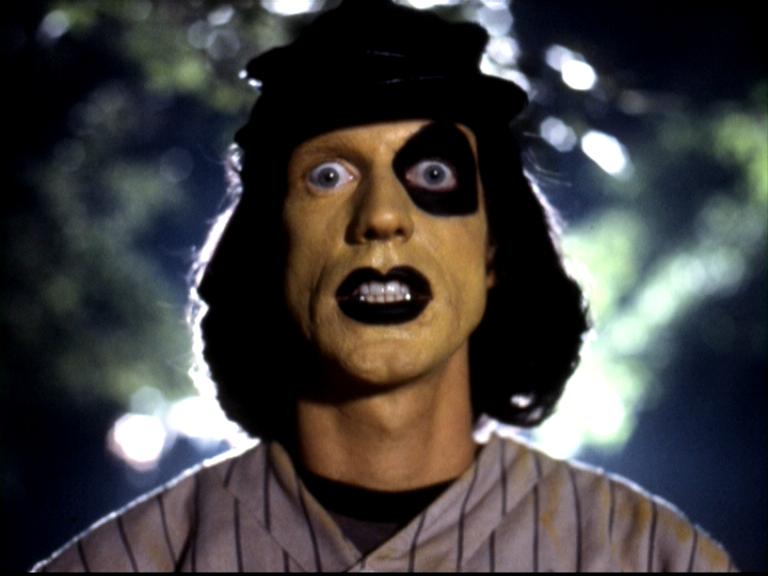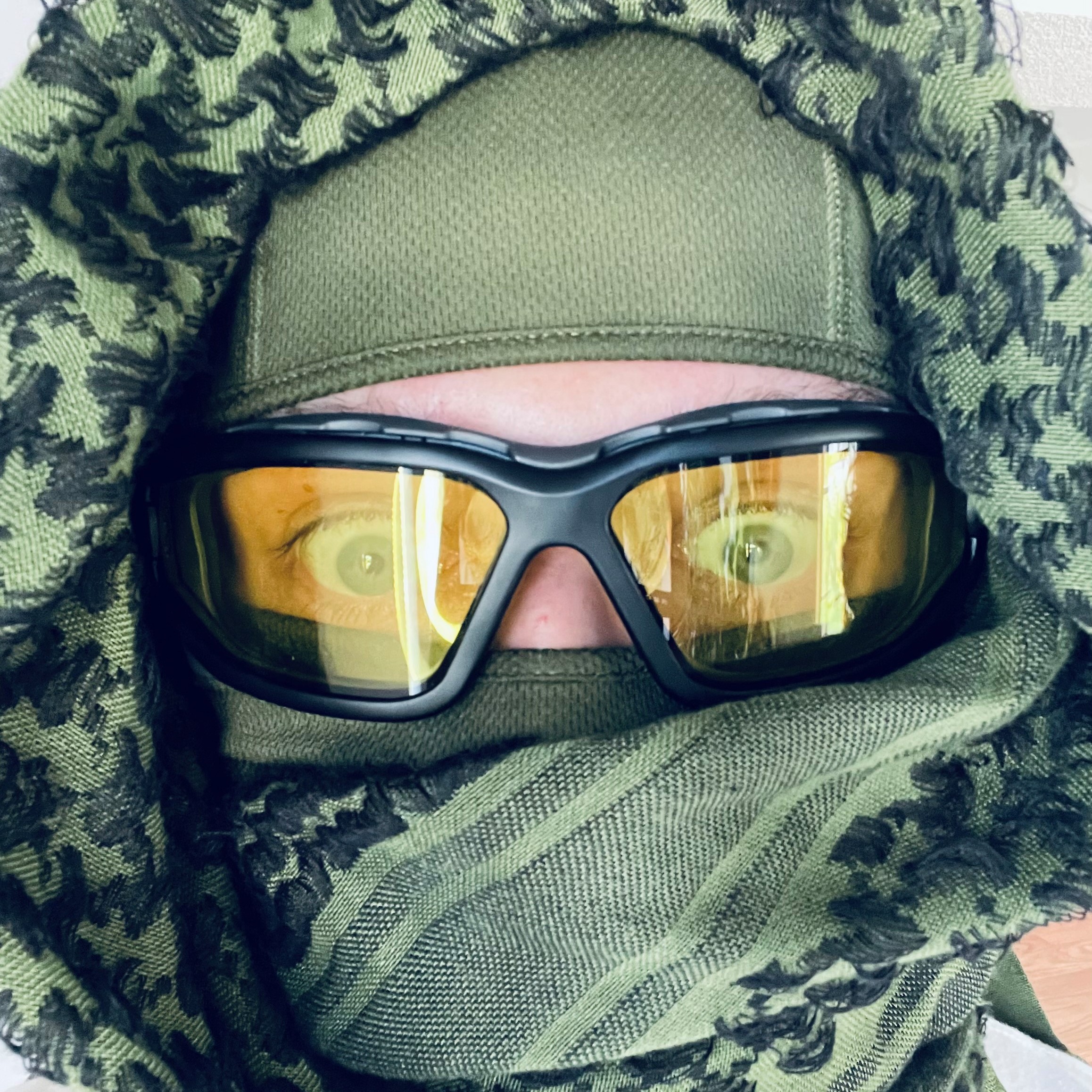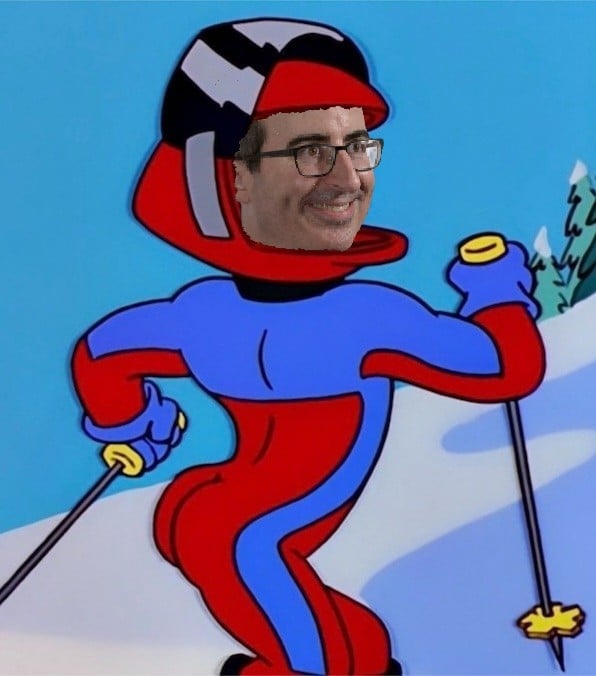Archived version: https://archive.ph/ZGo6X
Universal Music Group (UMG.AS), Sony Music Entertainment (6758.T) and other record labels on Friday sued the nonprofit Internet Archive for copyright infringement over its streaming collection of digitized music from vintage records.
The labels’ lawsuit filed in a federal court in Manhattan said the Archive’s “Great 78 Project” functions as an “illegal record store” for songs by musicians including Frank Sinatra, Ella Fitzgerald, Miles Davis and Billie Holiday.
They named 2,749 sound-recording copyrights that the Archive allegedly infringed. The labels said their damages in the case could be as high as $412 million.
Representatives for the Internet Archive did not immediately respond to a request for comment on the complaint.
The San Francisco-based Internet Archive digitally archives websites, books, audio recordings and other materials. It compares itself to a library and says its mission is to “provide universal access to all knowledge.”
The Internet Archive is already facing another federal lawsuit in Manhattan from leading book publishers who said its digital-book lending program launched in the pandemic violates their copyrights. A judge ruled for the publishers in March, in a decision that the Archive plans to appeal.
The Great 78 Project encourages donations of 78-rpm records – the dominant record format from the early 1900s until the 1950s – for the group to digitize to “ensure the survival of these cultural materials for future generations to study and enjoy.” Its website says the collection includes more than 400,000 recordings.
The labels’ lawsuit said the project includes thousands of their copyright-protected recordings, including Bing Crosby’s “White Christmas,” Chuck Berry’s “Roll Over Beethoven” and Duke Ellington’s “It Don’t Mean a Thing (If It Ain’t Got That Swing)”.
The lawsuit said the recordings are all available on authorized streaming services and “face no danger of being lost, forgotten, or destroyed.”
Frank Sinatra, Ella Fitzgerald, Miles Davis and Billie Holiday.
all dead people
All musicians, sound engineers, even music execs at the time who made these records are dead or on death’s door.
This is just greed and it doesn’t have to be like this.
But think of the estates!
Songs of this vintage should be pirated out of principle IMO.
The artist has made their money from it and lived a good life - no record label should be able to line their pockets with the profits of a dead person’s work from my perspective.
More than that, these need to be in the public domain. This is our shared cultural heritage being held hostage, and 99.9% of it doesn’t even earn anyone anything at all.
Copyright should be 30 years. Long enough to extract any reasonable economic value from the work, but a time scale that gives balance to public benefit.
Copyright is supposed to encourage the creation of more content… how exactly are these artists going to produce more content? LMAO
Why can’t we have nice things? These people are literally just archiving and preserving old media, and if I recall correctly, they have strict rules of sharing these archived media.
I kinda understand why they got sued by Wiley/HarperCollins due to breaking the rules of sharing unlimited copies of archived books, but this time it doesn’t look like it.
Honestly, I hope Internet Archive survives all these lawsuits they’re dealing with
Because corporations rule the world
Anglosphere/Japan, not all of world. Media corporations are majorly from this ecosystem.
Also there are so many ways to get music I doubt people would be flocking to the internet archive for it.
Yeah, it doesn’t add up. Why would one go to the restricted access distributor if they can get a lot more by pirating?
I agree. I once forgot the book I was reading when I went on a trip, so I found it on internet archive for the time I was traveling. Reading a novel on there is just obnoxious, because they have short time limits for borrowing, which I forget if it’s an hour or half hour. Either way, it’s good for reference books, not so much for novels.
I don’t think the strict rules are true. Someone on Lemmy was asking about the legality of downloading music there because it was so easy to find. Maybe they are suing about the non-normalized versions that are not indexed as reserved.
If you attack the internet archive you clearly are scum
It is in our democratic interest to vote against copyright law.
So why do we choose to keep copyright law, at least in its current iteration?
Are we really not interested in either abolishing or changing it? Is your brother, mother, uncle, grandfather, neighbor and colleague in favor of current copyright law?
We’re not a democracy. the US government is 8 Million companies in a trenchcoat.
Remove the million.
So why do we choose to keep copyright law, at least in its current iteration?
Are we really not interested in either abolishing or changing it? Is your brother, mother, uncle, grandfather, neighbor and colleague in favor of current copyright law?
They have less money to bribe the government with than large corporations do.
Ah, the copyblight strikes again.
I’m no longer really surprised at this - it just makes me sad. We’re literally trying to burn down the library of Alexandria to raise the price of books.
Copyright law is a blight upon the world in its current form, and unless people take a stand it’ll rot the beauty from the net and hold humanity back.
Such bullshit since most of the recordings sound like shit. That’s the idea though. These 78 records are made of lac bug crap called shellac. The shellac degrades over time so the purpose is to retain the sound off of the recording of a format that is physically deteriorating and will not be around in the future. The project is to capture a unique sound experience that will not be available for future generations.
No streaming platform offers this. No streaming platform offers the ability to hear music ripped from vinyl, cassette, 4-track, or 8-track. Sony and Universal will never offer this. The user is only given one option usually for a song and who knows what master was used and how the audio engineer felt that day to master the track.
Also, we all know how Universal treats their masters…pathetic. So many of them are gone now thanks to their careless warehouse fire. If people don’t create offsite archives, who will? We can’t trust the record companies to do it!
It’s really (like really really) time for a copyright law overhaul in the US.
You’ll only get more extensions, if anything. The current copyright system is an atavism from older, simpler times.
30-year copyright, no exception.
Dead people don’t need incentives.
Let’s make it a movement and vote it in, then.
30 year copyright, no exception.
For everything, art and technology and any other field that can be defined. No trying to weasel medicine out of it, for example.
Copyright law is just a way for rich people to complain about theoretical money loss over art they didnt make.
“BuT mUh LoSt oPpOrTuNiTy CoSt”
There will eventually be a tipping point for this IMO, just wait until something so egregious happens that it affects normal people.
Or are people going to continue taking all of this and doing nothing…
I’ve said it many times: I think that copyright for all published art should extend for exactly one year after it’s publication then become public domain. For almost ALL media, the first year is the time in which it make over 90% of its money. If you haven’t turned a profit, or at least broken even, by then then you aren’t going to.
After tjay I don’t see why you should be entitles to royalties from every sale, especially with our modern system of mass distribution.
One year is way too short. IMO, twenty years would be perfect.
And I’m not sure if that’s already a thing, but what enters the public domain has to be made freely accessible (de-DRMed, open-sourced…).
Twenty years is too long. Ten years is close to ideal.
As someone in the industry that makes and releases music, I can say that there are many problems with copyright laws, but this is 100% not the way to solve it.
Saw panel with somebody suggesting eg you set your price of art at a level, after which your art goes creative commons and you get paid.
Meh, I would be fine with the original copyright laws. 30 years that was it. It allowed the creator to make a career off of being creative, but didn’t allow Disney to keep Mickey.
The law locks up the man or woman Who steals the goose off the common But leaves the greater villain loose Who steals the common from the goose. The law demands that we atone When we take things we do not own But leaves the lords and ladies fine Who takes things that are yours and mine. The poor and wretched don’t escape If they conspire the law to break; This must be so but they endure Those who conspire to make the law. The law locks up the man or woman Who steals the goose from off the common And geese will still a common lack Till they go and steal it back.https://www.onthecommons.org/magazine/“stealing-common-goose”/
If you have exactly the right flavour of British accent, “endure” and “law” almost rhyme.
Oh my god. Absolute dumbasses at the record companies actively trying to act evil. Barely anybody will stream these and it sure isn’t so malicious of the ‘store’ selling these records is doing it for free.
I mean how many people are actually going to buy these ever again? Also their damage claims are per usual pulled from the oceangate depths of their ass.
If anyone remembers when torrenting was big and the riaa was essentially claiming something like 20%+ of the US economy’s value in lost profits. These people don’t munch on crayons, but they really should start because it would be a more intelligent hobby to take up.
Par for the course in the era of runaway corporate greed.
That’s what frustrates me about this sort of thing. I can understand (while not agreeing) with the importance of protecting their rights to their “big names”, the artists that stood the test of time and are considered classics, but this sort of shit is ridiculous.
Surely it costs them more in legal fees on this sort of thing than they would ever make even if they did start selling access to these recordings themselves, so what the fuck does it matter?
They’re expending all this money and effort, actively harming archival of relatively modern history, on the off chance that if someone (without access to these recordings in the first place) uses a portion of these tracks in something that explodes in popularity, that they’re able to detect (again without these archived recordings), that they then might be able to turn that into a fat check.
Maybe I’m an idiot, but the effort vs the slim chances of it even happening for mediocre payoff just seems like this shouldn’t ever be a reasonable return on investment for a corporation.
So why? I know it’s easy to just handwave it as “because greed, because power and control, or because capitalism”, and those aren’t wrong (if potentially reductionist), but even under those assumptions it stretches belief.
Sounds like archive.org needs to move to the dark web?
They require too much funding for storage, contracting professional archivists, and retaining legal counsel to try and go anonymous and dark. There are other smaller groups filling those roles too (one of the datahoarder community’s mods runs an archival group that’s better protected in that way), and I’d imagine the overlap in contributors is not insignificant.
FCK Copyright!
The US copywrite system is fucked beyond measure. They should realy be based out of a different country.
This only increases everyone’s piracy desires. I hope the internet archive can be moved to an overseas domain so the USA corporations can stop harrassing it.


















